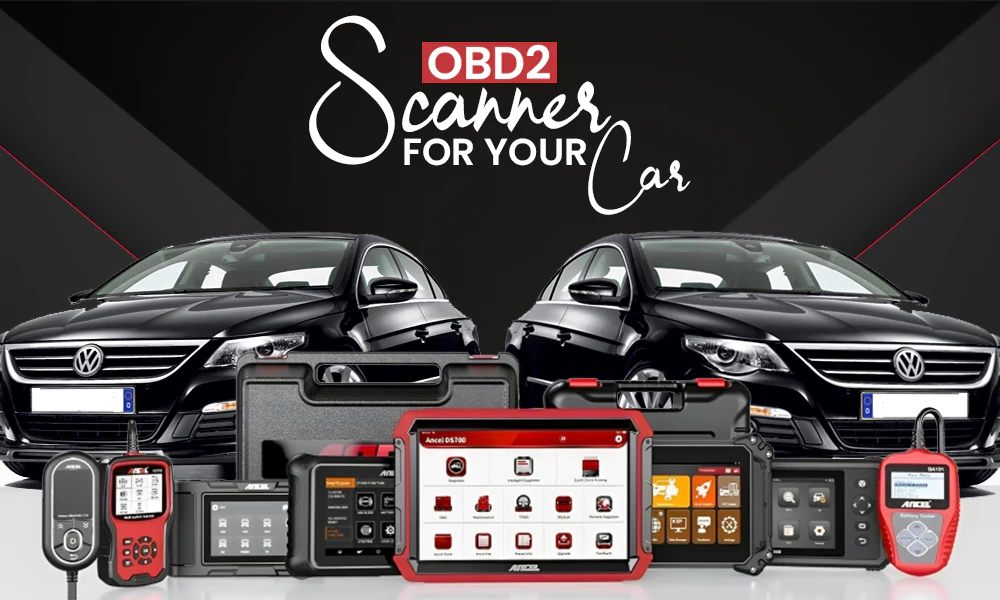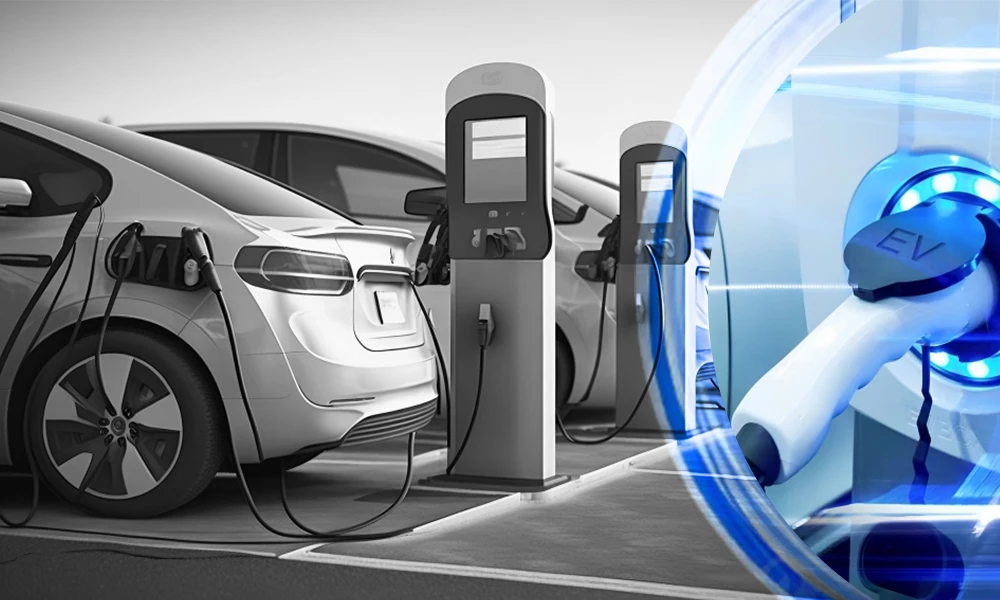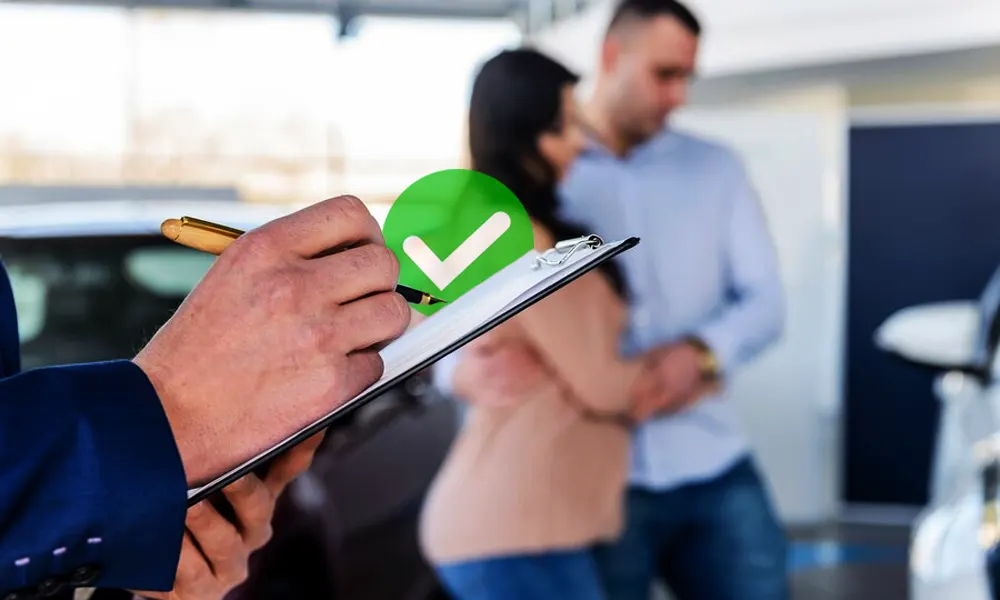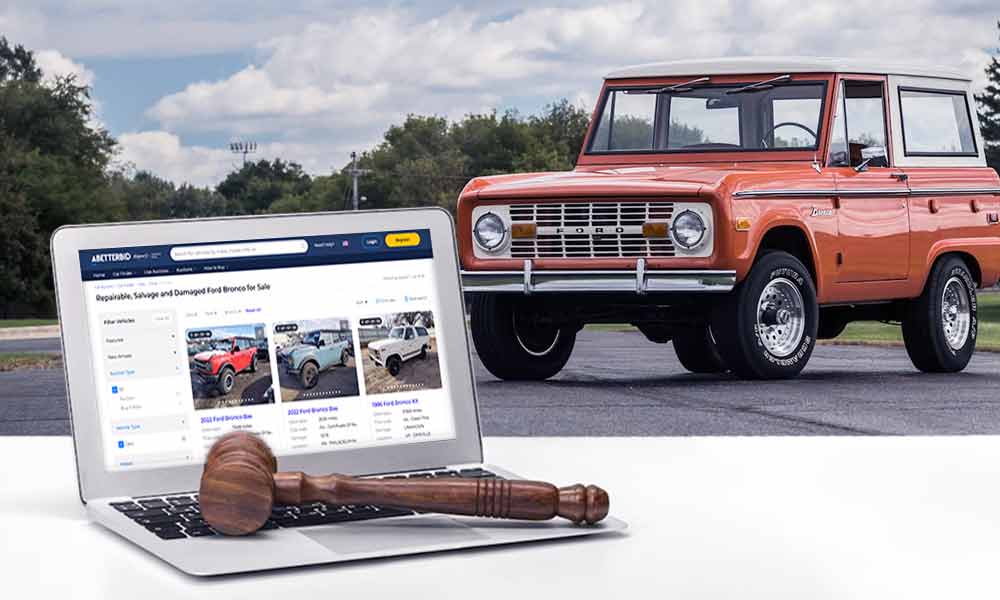Protecting Yourself: The Importance of VIN Decoding in Used Car Buying

When you’re in the market for a used car, it can be a daunting task to determine whether a particular vehicle is worth your investment. There are many factors to consider, such as the car’s condition, mileage, and history. However, one of the most important pieces of information you need is the vehicle identification number or VIN. By decoding the VIN, you can uncover a wealth of information about the car’s history and condition. In this article, we’ll explore how decoding the VIN can protect you when buying a used car.

The VIN is a unique 17-digit code that identifies each vehicle. It contains crucial information about the car’s manufacturer, model, year, and production number. The VIN can usually be found on the driver’s side dashboard, near the windshield, and on the driver’s side door jamb.
Decoding the VIN can help you identify if the car has been in any accidents or has any outstanding recalls. This information can be critical when determining whether the car is a safe and reliable choice. Furthermore, decoding the VIN can provide insight into the car’s service and maintenance history, helping you determine whether it has been well cared for.
One of the easiest ways to decode a VIN is to use a free VIN decoder online. You can find many reputable services that provide detailed information about a vehicle based on its VIN. These services can tell you everything from the car’s make and model to its service and repair history. They can also alert you to any accidents, flood damage, or other issues that may affect the car’s value and safety.
Using a free VIN decoder can also help you identify whether a car has been stolen or has a salvage title. A salvage title means that the car has been deemed a total loss by an insurance company due to damage from an accident, flood, or other event. While salvage title cars can be repaired and resold, they may have hidden damage or safety issues that can make them a risky investment. Decoding the VIN can help you identify whether a car has a salvage title and avoid purchasing a vehicle that may not be safe or reliable.
It’s essential to keep in mind that the information you receive from a VIN decoder may not be 100% accurate. There may be errors or omissions in the data, so it’s always a good idea to have the car inspected by a qualified mechanic before making a purchase. In addition, some free VIN decoders may only provide limited information, so it’s important to use a reputable service that can give you a comprehensive report.
It’s also important to be aware of VIN cloning, which is a fraudulent practice in which a thief steals a car and replaces its VIN with a fake one from a similar vehicle. This can make it challenging to determine whether a car is stolen or has been cloned. To avoid falling victim to VIN cloning, be sure to check the VIN on multiple parts of the car, such as the dashboard, door jamb, and engine block. If the VIN numbers don’t match, it may be a sign of VIN cloning or other fraud.
In addition to using a free VIN decoder, there are other steps you can take to protect yourself when buying a used car. For example, be sure to take the car for a test drive and have it inspected by a qualified mechanic before making a purchase. You should also research the car’s market value to ensure you’re getting a fair price.
Decoding the VIN of a used car can provide valuable information that can help you make an informed decision when buying a vehicle. By using a reputable VIN decoder, you can uncover information about the car’s history, condition, and safety that may not be immediately apparent. This can save you from making a costly mistake and protect you from potential safety hazards.
In conclusion, decoding the VIN of a used car is a crucial step in the process of purchasing a vehicle. By using a free VIN decoder, you can uncover a wealth of information about the car’s history and condition, including its service and repair history, accident history, and whether it has a salvage title. However, it’s important to keep in mind that the information provided by a VIN decoder may not be 100% accurate, so it’s always a good idea to have the car inspected by a qualified mechanic before making a purchase. By taking these steps, you can make an informed decision and protect yourself from potential safety hazards and costly mistakes.










